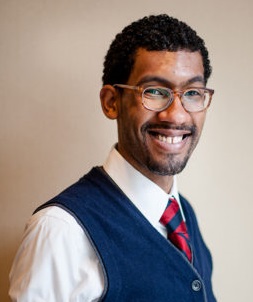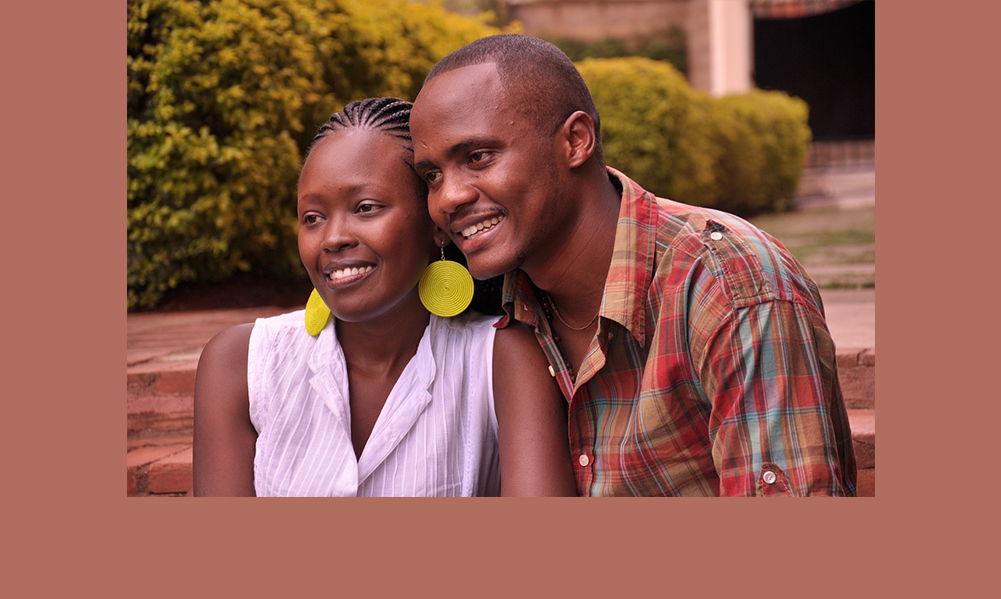I’ve worked in child welfare for over eight years and, from day one, I’ve been struck by the high numbers of black children in foster care.
As of January 2017, black children were overrepresented in the foster care system by more than double in Washington state, where I work.
African-American children in the United States are more likely to experience unequal treatment throughout the child welfare system. More than 37 percent of children in the United States experience a child protective services investigation by the time they are 18. But for black children, that number skyrockets to 53 percent. African-American children are placed in foster care at twice the rate of white children and are more likely to remain in foster care longer, receive fewer services and are less likely to be returned home.
Almost daily, I’d ask myself, “What can we do to help these children?”
Part of my answer, as a black man, involved becoming a foster parent myself. Still, I wanted and needed to do more — especially at the community level. Because it isn’t just a question for individuals but for our community as a whole: “How do we, the black community, help black kids in foster care?”
Time and time again, I’ve seen African-American children placed in homes with families who have different racial and ethnic backgrounds. Generally, these families are doing great things for these kids. Still, entering foster care comes with so much loss for children. Placing them with parents who share their skin tone and culture is one less loss they must endure.
Where are the black foster families?
 Yet there are simply not enough black foster families. In Washington state, for example, 16 percent of children in foster care are black but only 6.5 percent of foster families are black.
Yet there are simply not enough black foster families. In Washington state, for example, 16 percent of children in foster care are black but only 6.5 percent of foster families are black.
It is imperative that we find more African-American families to become foster parents. As the family outreach specialist at Amara, a foster care agency with offices in Seattle and Tacoma, I’ve worked to do just that: recruiting families of color in the greater Seattle area. Still, we need more than just individual efforts to recruit individual families — we need to engage the black community as a whole.
To that end, at Amara we have implemented our It Takes A Village program. The program evolved from my work coordinating, facilitating and promoting Amara’s outreach plan to the African-American community in Seattle and the Puget Sound region. We’ve facilitated events for black community leaders including local social workers and foster care recruiters, alumni of the foster care system and any African-American organization interested in participating.
These meetings provide space for those in the black community to learn about the disproportionate number of their children in foster care, discuss some possible causes for that disproportionality, how we can offer support to those children and what the process is to care for children in foster care.
The response from the community has been overwhelmingly positive. As one participant stated in a community meeting, “It’s so important to have African-American homes because everybody’s culture isn’t the same.” Another participant, who is a social worker in the Tacoma area, said of African-American children in the foster care system: “They become the system’s kids and that’s not who they are. They gravitate to workers of color to figure out who they are. Culture matters because it’s who we are.”
In the coming year, we will be facilitating similar events in the larger Seattle community to raise awareness of the issue more broadly.
This movement must be grassroots and relational
In creating and building this program, we’ve learned a lot.
First, there is good reason why African-American families have not shown up in droves to be licensed as foster families. The long history and ongoing experience of disproportionate investigations and removals have created suspicion, distrust and fear in the black community.
Anecdotally, we have heard from community members: Why would I want to join a system with these racist undertones? Will they negatively judge my family during the foster licensing process? How will white social workers’ biases affect their ability to work competently with my family? It’s also important to remember that the child welfare system was built on middle-class white norms that are used to judge poor, working-class and families of color.
We’ve also learned that this movement must be grassroots and relational. Before black organizations and community groups will feel comfortable helping recruit, they need to believe in and support the agency. The relationship also needs to be bidirectional. In other words, we need to support the work and initiatives happening in the black community to show we genuinely support their respective organizations and work.
In addition to our community meetings, we’ve built an African-American Advisory Council comprised of leaders in the black community based on advice from Sierra Forever Families, a California agency with a similar initiative. These leaders’ community connections have proved essential for building trust and interest in our local black community. Additionally, we benefit from council members’ advice on our agency’s internal policies around social and racial equity issues.
Amara’s efforts to build partnerships and invest in outreach to communities of color can — and should — be replicated by other foster care organizations. We all must recognize the urgent need for foster homes that reflect the diversity of children in foster care and continue to encourage the black community to come together to provide children with the foundational care they need.
However, we also must recognize how our foster care system has been built on a foundation of mistrust and fear for many African-American families. Forging relationships with black communities and working in partnership, we can get the word out in all communities: We must do more to confront the unacceptably high rates of African-American children in foster care.
Trey Rabun, MSW, leads Amara’s efforts in outreach and recruitment of foster parents. He and his partner have been foster parents for two years and currently have an almost 3-year-old foster child.






























